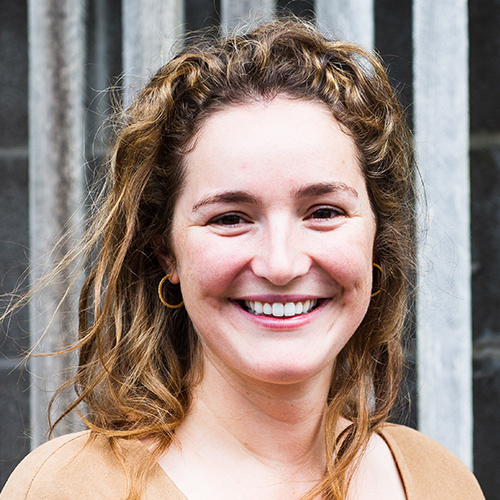I’ve never actually tried it, but I’ve definitely thought about it: plunging a knife through my chest or jumping off the 9th floor balcony where we live. It sounds macabre because it is. It’s not just me, the number of Londoners contemplating and committing suicide has risen over the last few years [1]. Every few months we hear of a celebrity suicide, these idolised people who appear to have everything you could want and yet somehow decide they don’t want to live anymore. When Robin Williams, the hugely successful and much-loved comedian and actor killed himself in 2014, the world was shocked and confused.
Though you don’t know me, you might be wondering what it is that makes me want to stop living when, from the outside, one might assume that I have a picture-perfect life: a wonderful husband, an adorable tousle-haired little one, a lovely home with food on the table. I like to say it’s just the way I’m wired; I’ve always been drawn to the melancholy, it’s just who I am. But I know it’s really more than that. If you take a good look, life’s not always that great. Even though I know there’ll be moments of joy, sometimes it doesn’t seem worth living out, one long lingering day at a time.
The first time I told someone that I was plagued by these secret thoughts they couldn’t believe it: ‘You, really?!’ They were heartbroken, but relieved that I had come to a point where I was asking for help. They also had confidence that it could be overcome, which intrigued me. Anti-depressants, counselling, changes to my lifestyle, deep chats with good friends — these were all suggested and tried. For years, I had attempted to hide the problem and pretended to be happy enough in company, but the hopelessness and loneliness I felt would rear its ugly head again when I was alone with time to think. This time, however, for some reason I decided that I had had enough. I didn’t want to live like that anymore.
Over the following weeks, I spent a lot of time with these friends trying to get to the bottom of it, if there was one. Now, please don’t hear me saying that I wasn’t offered medical and professional help; I had that too. But, to tackle a disease, sometimes more than one approach is necessary. For me, there were damaged parts of my heart that had to be exposed and excised. It was a painful process. Some had lain there undiagnosed for years and had been slowly consuming me from the inside. This was a time of intense soul-mending; wounds, which had never properly healed, needed to be undressed and rebound.
For years, I’d only heard ‘no one likes you’, ‘you’re not good enough’, ‘you don’t belong here’, ‘you’ll always be let down’. To me, these seemed so obviously true to life I had thought they were statements of fact. No amount of compliments or self-love could shift them. I needed something deeper. It was only when I finally heard the truth and chose to accept it that I could see that they were in fact a festering heap of lies. It took a huge effort to accept that. I felt I had been languishing far down in a deep pit, and the more substantive truth was poured into it, the shallower it became, until I could finally clamber out over the top and see things as they really were. I was not an unwanted, unloved, weirdo who didn’t belong, I was right where I was meant to be and I was infinitely valued. ‘I am with you’, ‘You are mine’, ‘I know you’, ‘I chose you’, ‘I will never stop loving you and I will never betray you [2]; these truths, spoken by the God of the Bible, sank into my soul until I could hold onto them, instead of being controlled by those manipulative dangerous lies. It was then, for the first time in my life, that I understood what Jesus meant when he said ‘the truth will set you free’ [3]. Instead of cowering from life, I could start to enjoy it in all its fullness. I can gladly say, ‘He lifted me out of the grave. He lifted me from that muddy place. He picked me up, put me on solid ground, and kept my feet from slipping’ [4].
Now, that doesn’t mean that I have never again dipped below the surface, but I can honestly say that I know I will never fall as deep into that pit as I was. Instead of cutting short my life, I have resolved that I will not die, but live, and I will tell what God has done for me [5]. The reason I’m telling you this, dear Reader, is because I want you too to feel hope again. This same assurance and deep unmovable joy can be yours. If you want to live a life of freedom from the lies that tell you it would be better to take your own life, you can. Confide in a trusted friend, discuss it with your doctor but, above all, call out to God. He longs to answer you and set you free.


